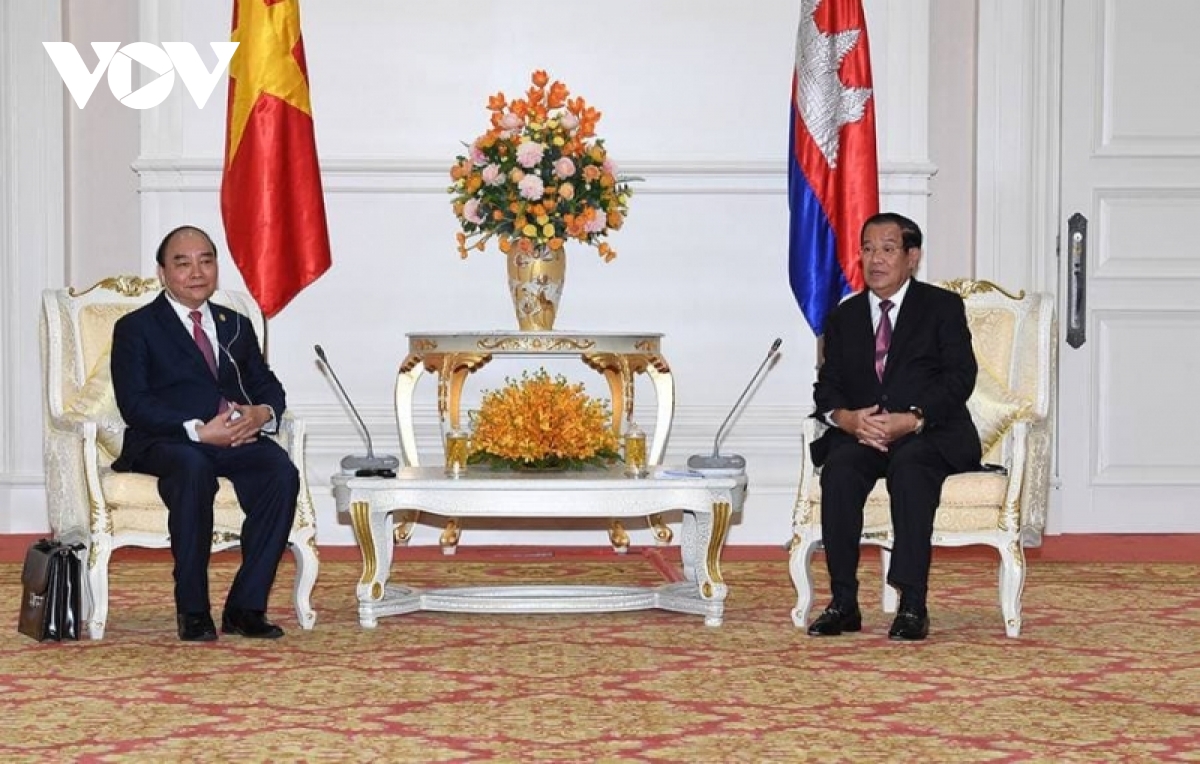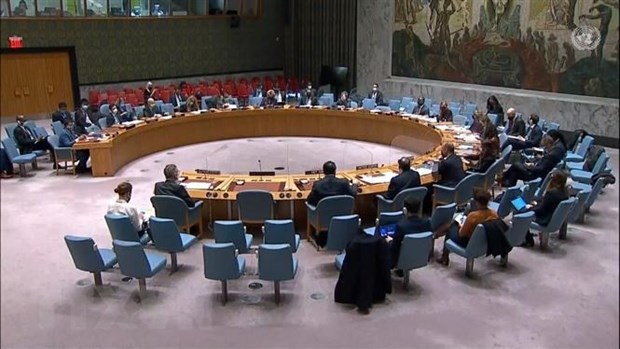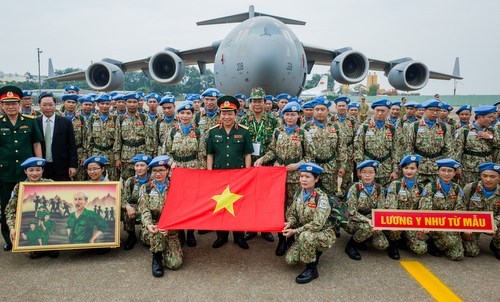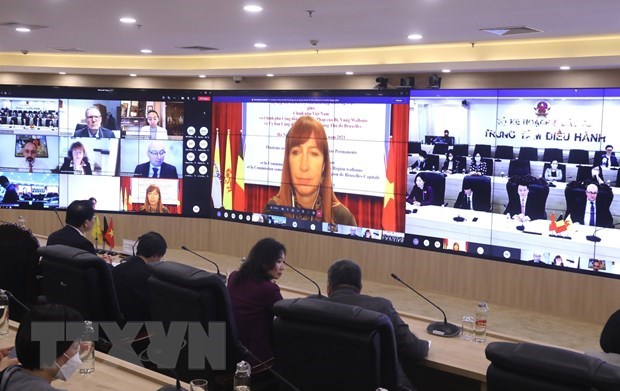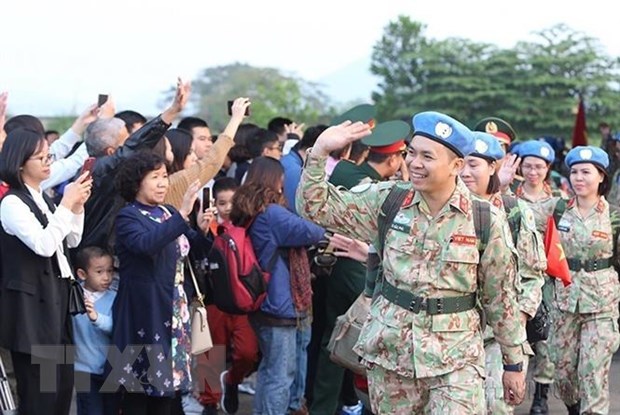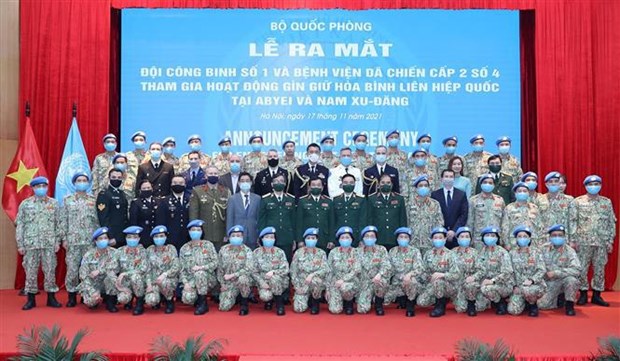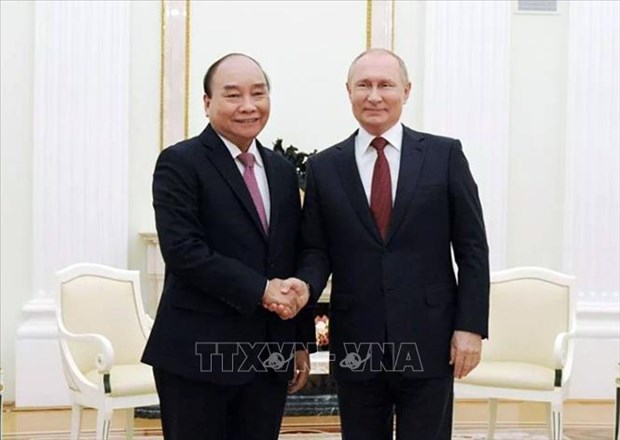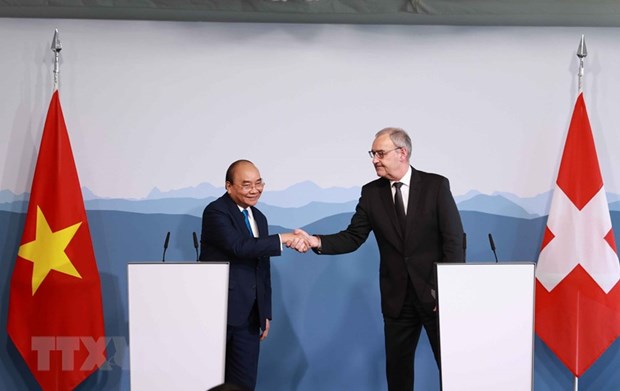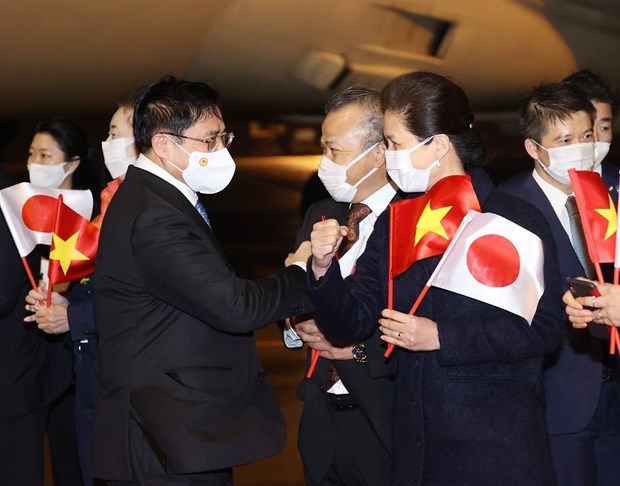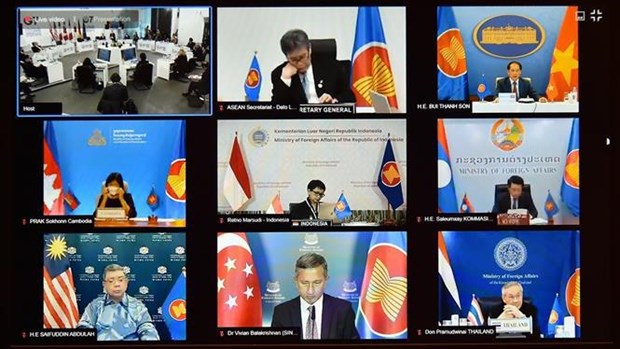
G7 foreign and development ministers meet with ASEAN counterparts via videoconference on December 12. (Photo: VNA)
Son proposed the G7 countries to help the Association of Southeast Asian Nations (ASEAN) enhance its resilience and self-reliance by supporting the bloc to access and distribute the vaccines in a safely, timely and equal manner, and promoting the transfer of vaccine production technologies.
He also suggested the G7 countries to maintain an open market, invest more in sustainable infrastructure development and foster digital transformation and greener and cleaner growth.
Highlighting the ASEAN-G7 partnership in realising commitments made at the 26th UN Climate Change Conference of the Parties (COP26) in Glasgow, the UK, the FM suggested the G7 take the lead in cutting gas emissions. The G7 should strengthen cooperation with Vietnam and ASEAN at large to fulfill commitments towards net-zero emissions through green financial investment and clean technology while helping ASEAN narrow the development gaps, he said.
ASEAN and the G7 should also discuss ways to boost regular ministerial-level dialogues between the two sides, he added.
Speaking at the meeting, ministers from both ASEAN and G7nations held that the event offered a new opportunity for the two sides to bolster dialogue, partnership and joint response to regional and global issues and challenges. The G7 countries affirmed their support for ASEAN’s centrality and respect for bilateral ties with the bloc, and vowed to actively contribute to ASEAN-led mechanisms.
Several G7 nations said they are ready to strengthen cooperation with ASEAN member states in accordance with the ASEAN Outlook on the Indo-Pacific, and further accelerate vaccine supply for the ASEAN countries, enhance the capacity building of public health service systems and early warnings, and promote the transfer of vaccine production technologies.
Additionally, the G7 pledged to work with ASEAN to mobilise resources for the development of sustainable, environmentally-friendly infrastructure and renewable energy, and facilitate maritime cooperation and protection of sustainable marine environment.
Both sides agreed to continue strengthening coordination in the fight against COVID-19; boosting inclusive and sustainable recovery from the pandemic; maintaining an open market; strengthening and stabilising regional and global supply chains; investing in new technologies and innovation to create new momentum for economic recovery and growth; developing the digital economy and green economy; and responding to climate change.
They affirmed the importance of maintaining peace, stability, security, safety and freedom of navigation and aviation in the East Sea; and voiced support for the promotion of dialogue, trust-building, self-restraint, and peaceful settlement of disputes based on international law, including the 1982 UNCLOS./.

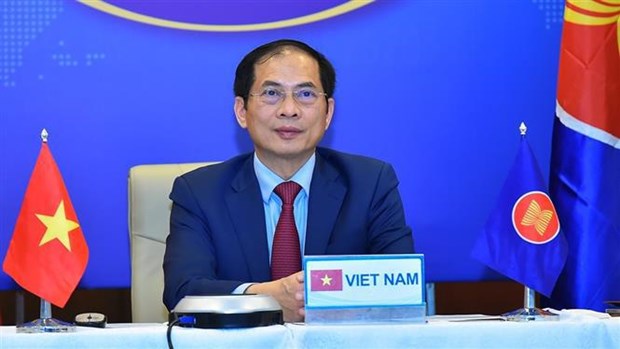


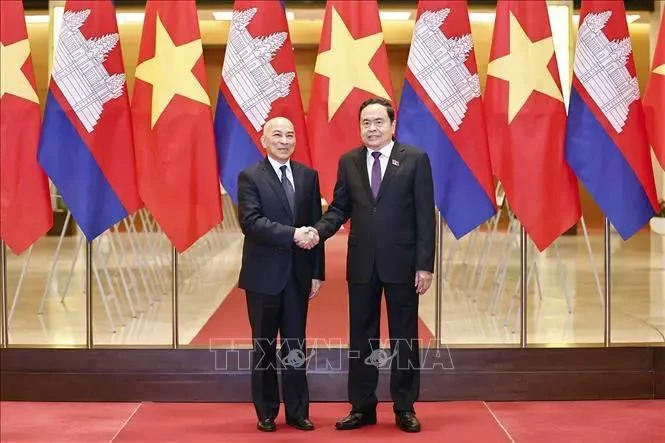
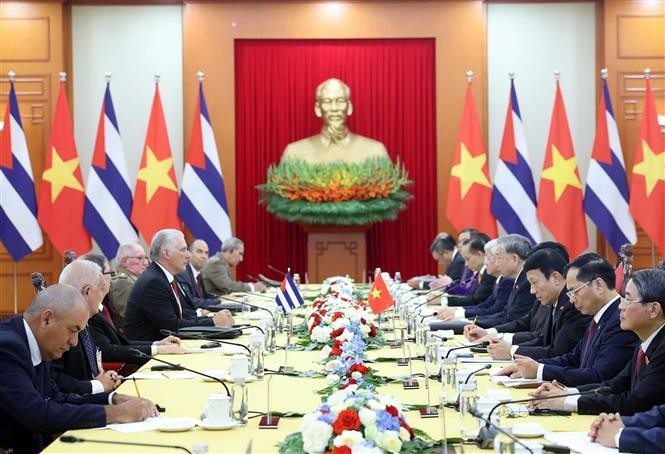
.jpg)
